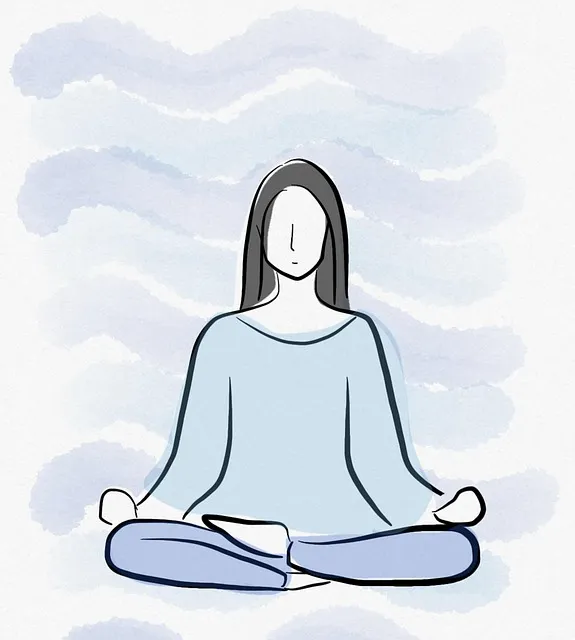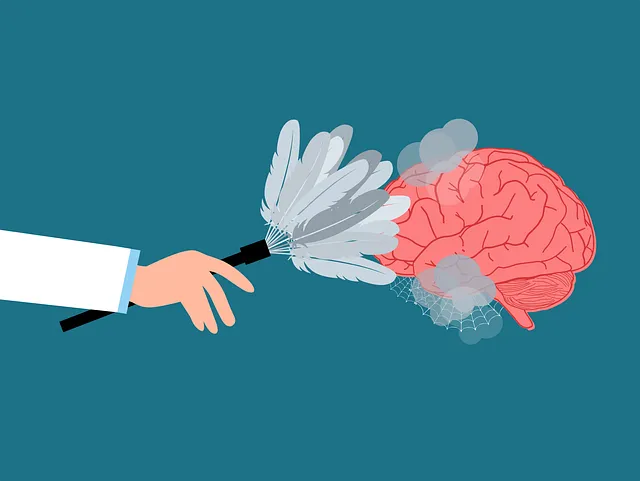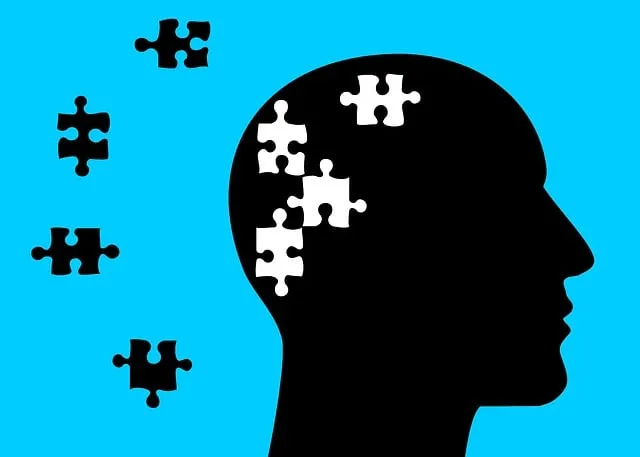Westminster and Kaiser offer comprehensive mental health services, with inpatient care catering to severe cases through 24/7 monitoring, structured therapy, and tailored support. Their outpatient programs focus on continuity of care. Inpatient treatments include specialized training and inner strength development, while outpatient services empower individuals with routines, trauma care, and various therapeutic activities like CBT and DBT. Building a support network is key; Westminster's approach combines intensive inpatient care and ongoing outpatient support, featuring risk assessments and mental wellness journaling for personalized patient evaluations and emotional regulation.
In today’s fast-paced world, prioritizing mental wellness is paramount. If you’re considering options for self-care, understanding the nuances of inpatient versus outpatient mental health services can be transformative. This article explores both approaches, guiding you through strategies to identify personal needs, establish a structured routine, integrate therapy, and build a supportive network. Learn from Westminster and Kaiser’s insights on how to navigate your mental health journey effectively, focusing on long-term stability and growth.
- Understanding Inpatient Mental Health Services: A Comparison with Outpatient Care
- Identifying Personal Self-Care Needs for Optimal Mental Wellness
- Creating a Structured Daily Routine for Stability and Growth
- Integrating Therapeutic Activities into Your Self-Care Routine
- Building a Supportive Network to Enhance Mental Health Journey
Understanding Inpatient Mental Health Services: A Comparison with Outpatient Care

Inpatient mental health services offer a level of intensive care that distinguishes them from outpatient care options like those provided by Westminster or Kaiser. Inpatient programs typically involve a stay in a specialized facility where individuals receive 24/7 monitoring, structured therapy sessions, and tailored support to manage severe or acute mental health conditions. These services cater to diverse needs, from crisis stabilization to comprehensive diagnosis and treatment planning.
Comparatively, outpatient care focuses on less intensive, regularly scheduled appointments with professionals. While outpatient programs, such as those designed by Mental Health Education Programs, promote continuity of care, they may not offer the same level of round-the-clock support as inpatient facilities. Building resilience and fostering positive thinking are integral components of both approaches, but inpatient mental health services provide a more immersive and structured environment for addressing complex or severe mental health challenges.
Identifying Personal Self-Care Needs for Optimal Mental Wellness

Identifying your personal self-care needs is a crucial step in developing an optimal mental wellness routine. This involves understanding what uniquely nourishes and supports your mental health. Unlike one-size-fits-all approaches, self-care should be tailored to individual requirements. For instance, some people might find solace in creative outlets like painting or writing, while others may prefer physical activities such as yoga or hiking.
In the context of comprehensive mental healthcare, institutions like Kaiser Permanente, with their inpatient mental health services available at locations including Westminster, play a vital role. These facilities offer specialized care, including Social Skills Training and Conflict Resolution Techniques, to address specific needs. Additionally, they promote Inner Strength Development through therapy, counseling, and support groups, ensuring individuals gain the tools to maintain balanced mental wellness in their daily lives.
Creating a Structured Daily Routine for Stability and Growth

Developing a structured daily routine is a powerful tool for fostering mental wellness. It provides stability and a sense of control, which are especially beneficial for those navigating mental health challenges. By creating consistent patterns in your day-to-day life, you can enhance your overall well-being. Start by setting fixed times for activities like waking up, exercising, eating meals, and engaging in relaxation practices such as meditation or journaling. This structured approach helps to regulate your body’s natural rhythm, promoting better sleep and energy levels throughout the day.
For individuals seeking support, resources like inpatient mental health services offered by Kaiser in Westminster can provide intensive trauma support when needed. These programs offer a safe environment for recovery, often incorporating individual therapy, group sessions, and various coping strategies to address underlying issues. Combining these professional interventions with a personal daily routine that prioritises positive thinking and self-care can lead to significant growth and improved mental wellness over time.
Integrating Therapeutic Activities into Your Self-Care Routine

Incorporating therapeutic activities into your self-care routine is akin to tending to a garden—it requires consistent nurturing and attention. Just as different plants thrive on varied care, various therapeutic practices cater to unique mental health needs. For instance, mindfulness meditation might be a soothing balm for some, while others may find solace in creative expression through art or journaling.
At Westminster, Kaiser’s inpatient mental health services offer a safe space for exploration and healing. These programs often include a spectrum of therapeutic modalities, such as cognitive-behavioral therapy (CBT), dialectical behavior therapy (DBT), and group therapy, tailored to address specific mental health concerns. Expanding your self-care arsenal with these techniques can foster holistic mental wellness, enhancing coping strategies and promoting resilience, even if you don’t have access to inpatient care like Kaiser’s. Consider exploring these options alongside other self-care practices for a comprehensive approach, especially when navigating challenging Mental Health Policy Analysis and Advocacy issues or cultivating Cultural Sensitivity in Mental Healthcare Practice. Conflict Resolution Techniques can also be integrated into your routine to enhance emotional intelligence and well-being.
Building a Supportive Network to Enhance Mental Health Journey

Building a strong support network is an integral part of any mental health journey. This includes both professional and personal connections that can provide guidance, understanding, and encouragement. At Westminster, Kaiser offers inpatient mental health services designed to cater to individuals in need of intensive care, alongside outpatient programs for those seeking ongoing support. One key aspect of their approach involves the Risk Assessment for Mental Health Professionals, which ensures a comprehensive evaluation of each patient’s needs.
In addition to professional help, engaging in regular mental wellness journaling exercises can be immensely beneficial. Journaling provides an outlet for self-reflection and emotional regulation—a crucial skill to cultivate throughout one’s mental health journey. By documenting thoughts, feelings, and experiences, individuals can gain valuable insights into their mental state. This practice not only helps in identifying triggers but also promotes personal growth and resilience, ultimately contributing to a healthier and more balanced lifestyle.
Developing a robust mental wellness self-care routine, incorporating structured daily activities, therapeutic practices, and a supportive network, is a transformative journey. As discussions around mental health gain prominence, understanding the nuances of inpatient versus outpatient care becomes crucial. Westminster’s Kaiser, for instance, offers comprehensive inpatient mental health services, providing an environment conducive to healing. By identifying personal self-care needs and integrating various therapeutic activities, individuals can navigate their mental health journeys effectively. Remember that building a supportive network is key to enhancing overall mental wellness and fostering stability for a brighter future.






